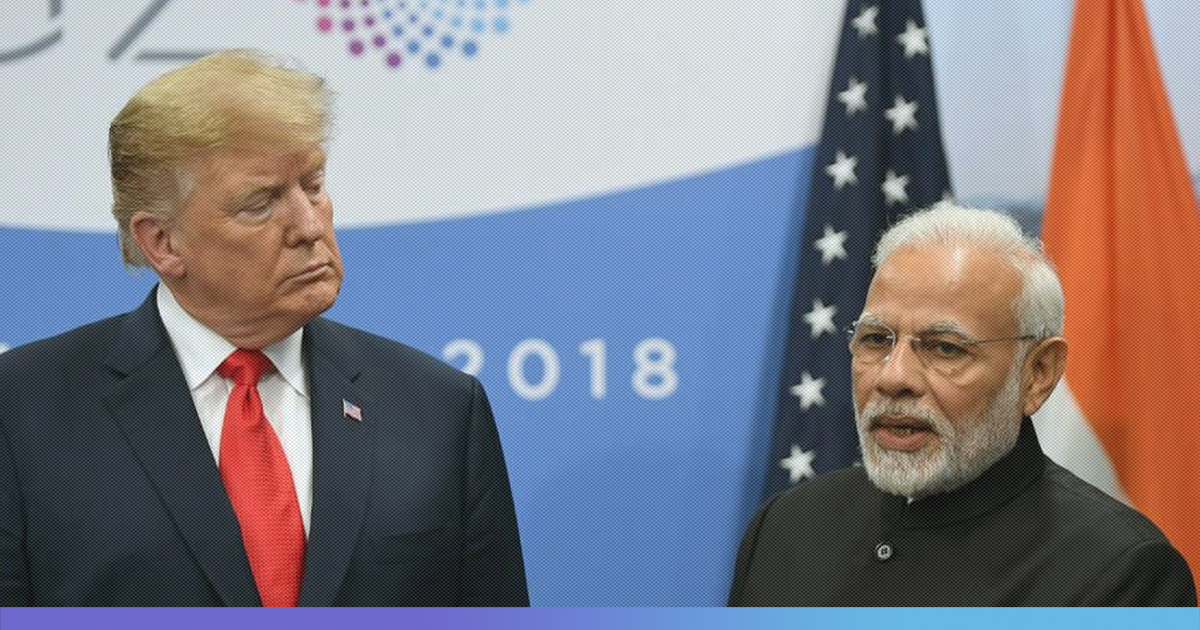Ahead of G-20 summit, US President Donald Trump hit out at the Indian Administration for high tariffs imposed on US Products. He tweeted that such a step is unacceptable and must be withdrawn.
Trump’s tweet came hours after U.S. Secretary of State Mike Pompeo left New Delhi after meeting PM Modi.
I look forward to speaking with Prime Minister Modi about the fact that India, for years having put very high Tariffs against the United States, just recently increased the Tariffs even further. This is unacceptable and the Tariffs must be withdrawn!
— Donald J. Trump (@realDonaldTrump) June 27, 2019
Pompeo said India and the US are “friends who can help each other all around the world” and the current differences were expressed “in the spirit of friendship”.
India-US Trade Relations
The Indian Government rejected Trump’s argument, saying Indian tariffs were not that high as compared to other developing countries. India levies a tariff of 6.94% on imports, higher than 6.01% in the U.S. and 6.06% in China, as per the World Bank data as of 2017.
The Modi government’s decision to impose tariffs on US products came into force earlier this month after being stalled for several months. The action was prompted by the Trump administration’s decision to withdraw preferential access given to Indian products.
Trump is known to make comments on India’s strict tariff barriers and has also addressed India as “tariff king”. The US also recently hiked the custom duties on steel and aluminium products.
Pompeo, on June 26 attempted to reduce increasing trade tension between the US and India, assuring a revamped focus on negotiating better relations. In line with Trump’s concerns, Pompeo told the External Affairs Minister S Jaishankar that the country requires better trade access.
Along with tariff barriers, Washington has also been upset with New Delhi’s plans to restrict cross-border data flows and impose stricter rules on e-commerce that will affect US firms operating in India.
Also Read: All Coins Are Acceptable, Says Reserve Bank Of India












